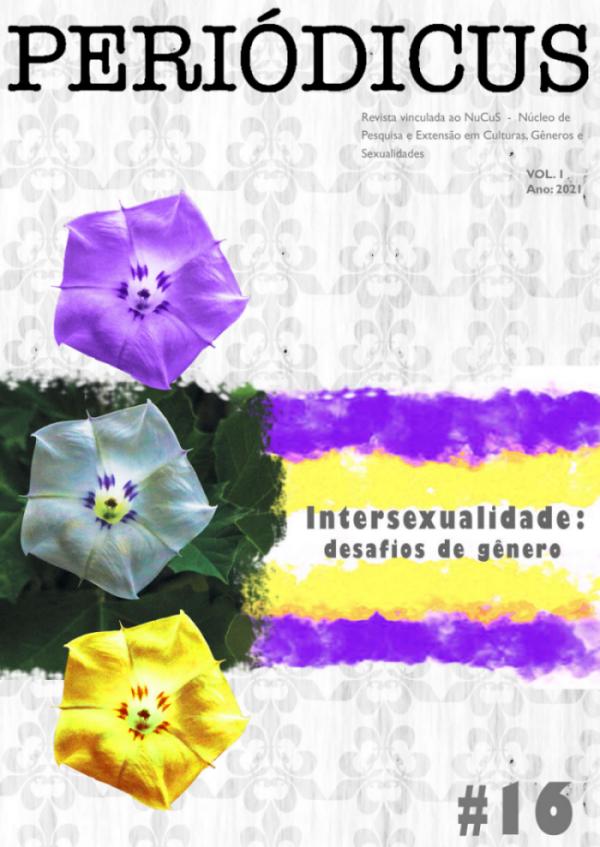Democracy, gender and secularism: contributions of feminist theology
DOI:
https://doi.org/10.9771/peri.v1i16.42468Abstract
In view of the advancement of Christian religious conservatism in the Brazilian political sphere, it became necessary to look at feminist movements and theories about this phenomenon, since they are considered a threat to society, morals and the family by religious people. In this sense, this article aims to present some contributions from Feminist Theology, which has been a pioneer in studies on gender and religion, for reflection and for the fight against religious fundamentalism and for the secularity of the State. Therefore, in the first moment, the understanding of gender and sexuality of Catholicism will be briefly analyzed, which is based mainly on the so-called natural law. In the second moment, the emergence of Feminist Theology in Brazil will be presented, which had its terrain prepared by Liberation Theology. Finally, this article will reflect on the relations among democracy, gender and secularism based on Feminist Theology.
Downloads
Downloads
Published
How to Cite
Issue
Section
License
Copyright (c) 2021 André Luís da Rosa, Javier Ignacio Vernal

This work is licensed under a Creative Commons Attribution-NonCommercial 4.0 International License.
Autores que publicam nesta revista concordam com os seguintes termos:
Autores mantêm os direitos autorais e concedem à revista o direito de primeira publicação, com o trabalho simultaneamente licenciado sob Licença Creative Commons Attribution Noncommercial que permite o compartilhamento do trabalho com reconhecimento da autoria e publicação inicial nesta revista, sendo vedado o uso com fins comerciais.
Autores têm autorização para assumir contratos adicionais separadamente, para distribuição não-exclusiva da versão do trabalho publicada nesta revista (ex.: publicar em repositório institucional ou como capítulo de livro), com reconhecimento de autoria e publicação inicial nesta revista.
Autores têm permissão e são estimulados a publicar e distribuir seu trabalho online (ex.: em repositórios institucionais ou na sua página pessoal) a qualquer ponto antes ou durante o processo editorial, já que isso pode gerar alterações produtivas, bem como aumentar o impacto e a citação do trabalho publicado (Veja O Efeito do Acesso Livre).







